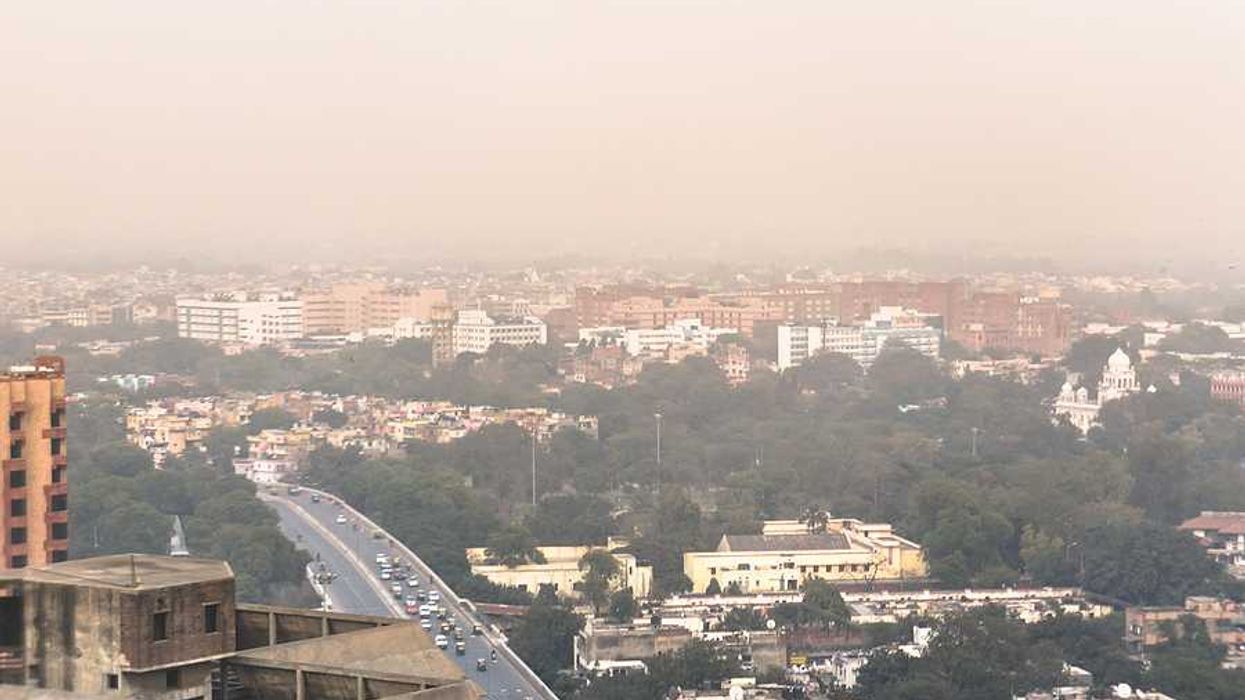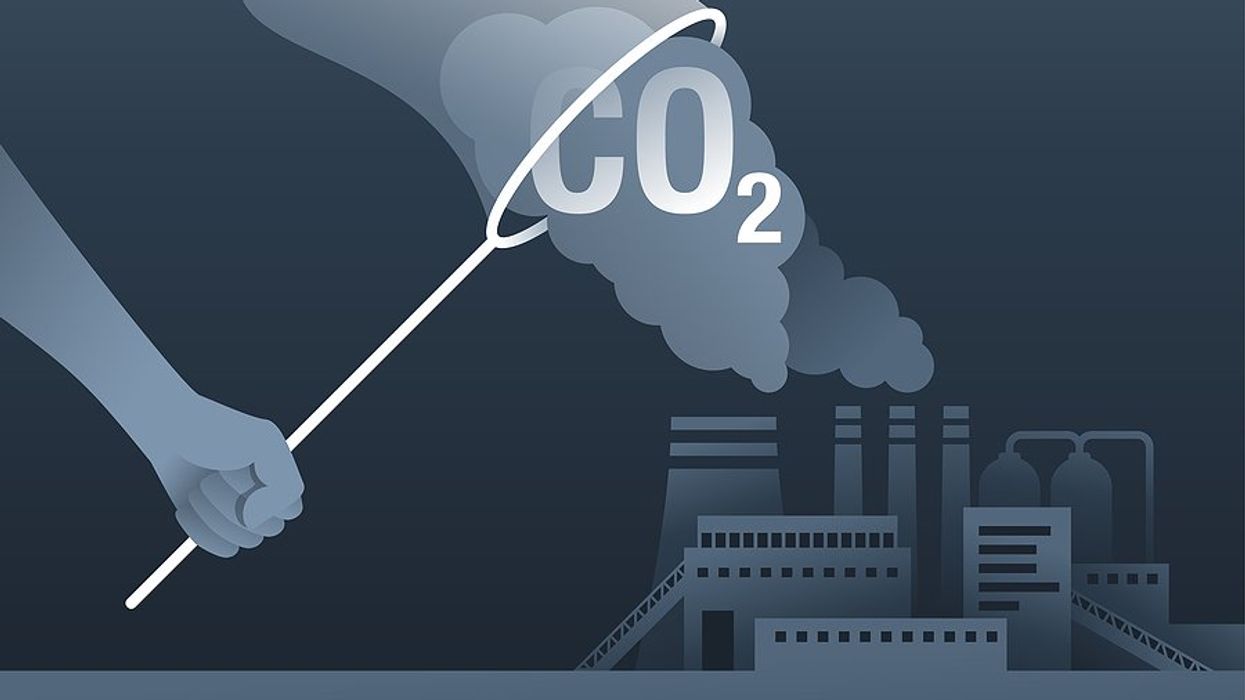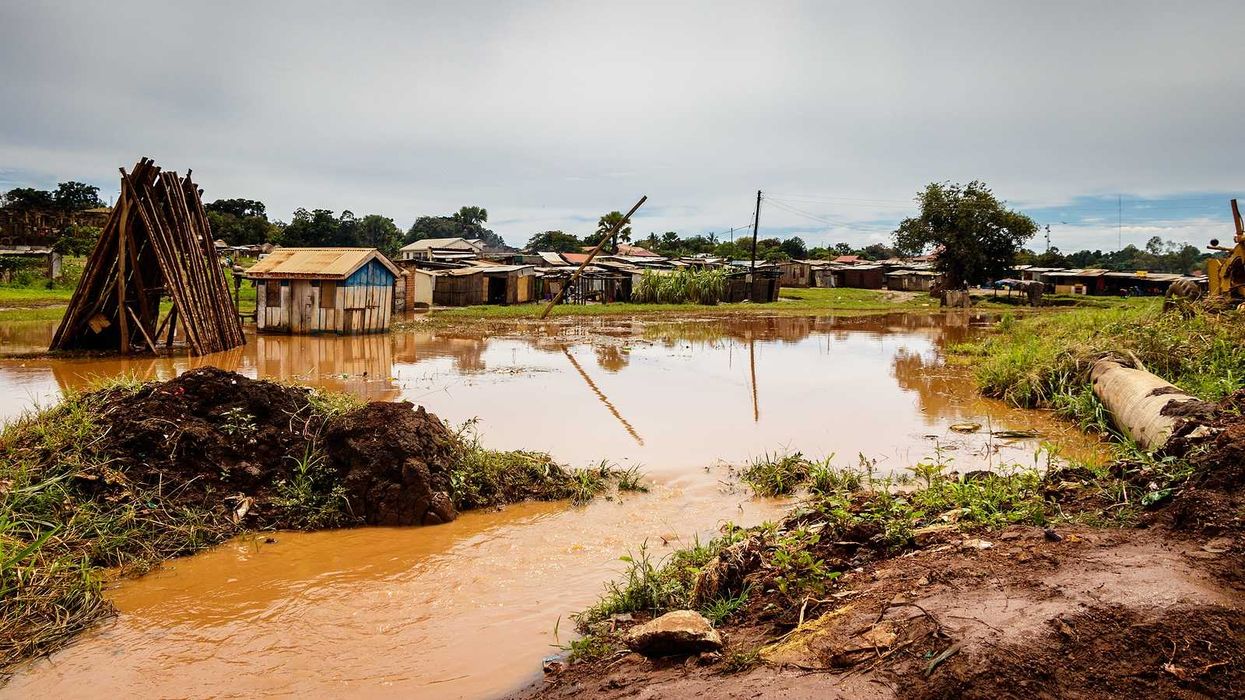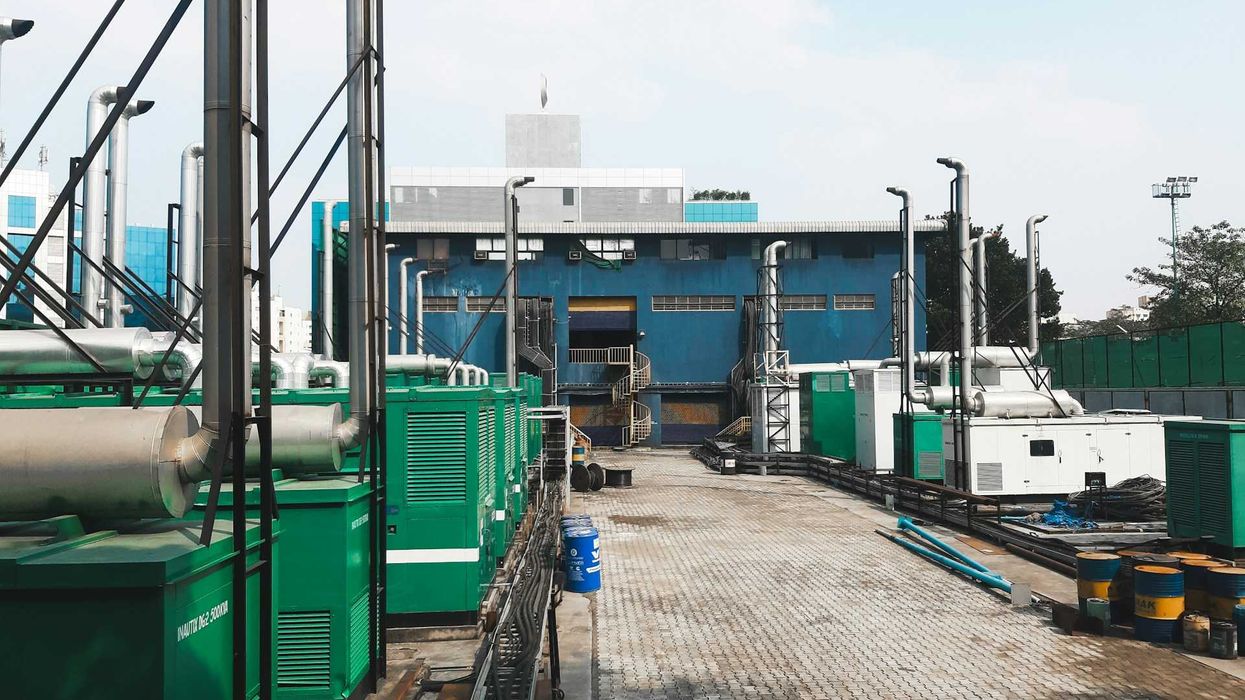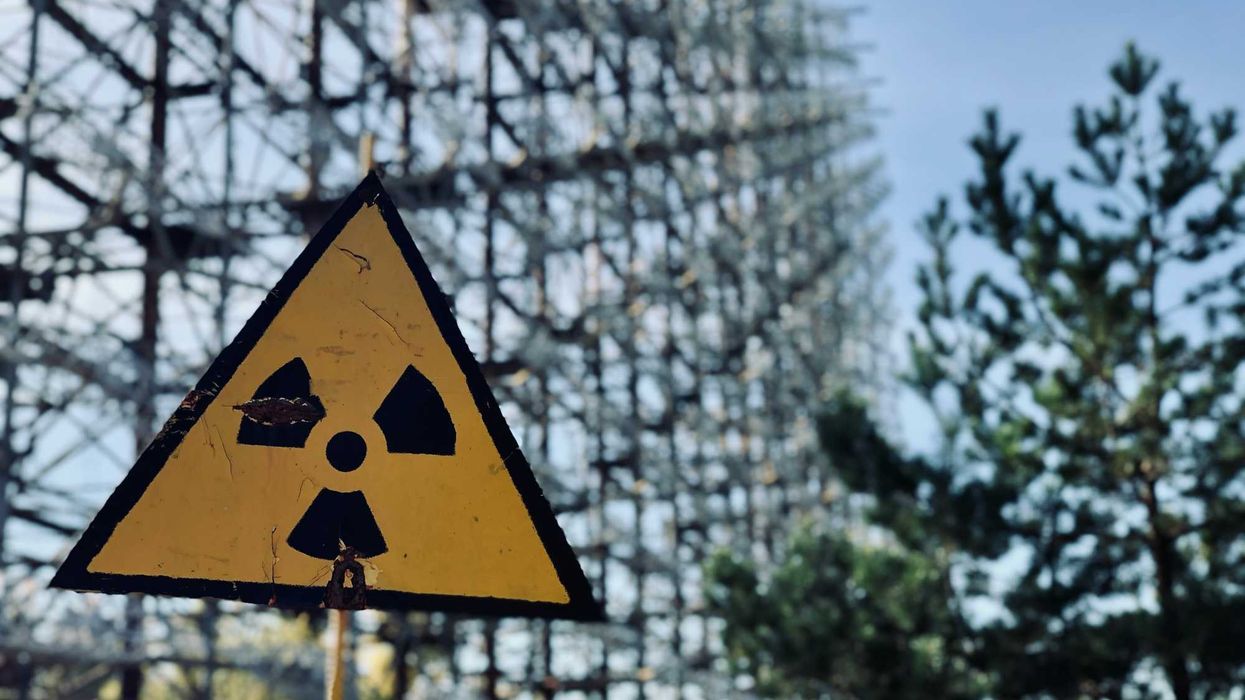At least 27 people are dead and tens of thousands displaced in South Korea as wildfires driven by drought and wind scorch historic sites and trigger the nation’s largest firefighting effort to date.
Justin McCurry reports for The Guardian.
In short:
- Wildfires in North Gyeongsang have burned more than 36,000 hectares and destroyed over 300 structures, including parts of a 7th-century temple complex.
- Officials say the fires spread unusually fast due to ultra-dry conditions, high winds, and a rainfall shortage; many of the dead were elderly.
- The blazes have threatened two UNESCO heritage sites and forced evacuation of villages, while over 9,000 personnel and 120 helicopters continue firefighting efforts.
Key quote:
“This wildfire has once again exposed the harsh reality of a climate crisis unlike anything we’ve experienced before.”
— Lee Han-kyung, disaster and safety division chief
Why this matters:
For decades, wildfires were largely seen as the burden of specific regions — California’s dry hillsides, Australia’s bushlands — but climate change is erasing those boundaries. South Korea’s North Gyeongsang Province, historically shielded from large-scale burns, is now facing wildfire seasons marked by unprecedented speed and ferocity.
While fire crews battle flames in real time, the deeper story lies in the changing climate backdrop: warmer winters, longer dry spells, and stronger winds are turning once-dormant fire zones into new hotspots. In a country with dense forests and a deeply rooted cultural connection to its mountainous landscapes, the environmental cost is compounded by the loss of biodiversity and threats to centuries-old heritage sites.
Read more: Raging fires and deadly floods show climate change impacts worldwide



